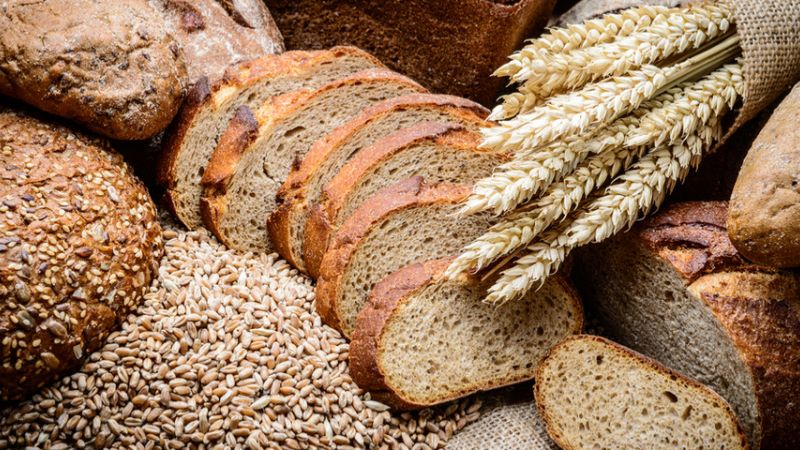We all get stressed out once in a while. Life is filled with a million sources of anxiety, from everyday annoyances to true personal crises. How we choose to cope with these anxieties can have a strong impact on our well-being, both mentally and physically. But there are also steps you can take in your everyday life to prevent anxiety. While you can’t make the things that stress you out completely disappear, you can change the way these things impact your mood. Believe it or not, a lot of this starts with your diet. The things you are eating (or not eating) figure directly into your stress levels. Below is a concise look at some foods that may be raising your anxiety level and some foods that can be incorporated into your diet in order to reduce anxiety levels. By no coincidence, you’ll probably notice that there is a direct relationship between the nutritional value of what you eat and how this food impacts your ability to cope with anxiety.
Steer Clear of:
Fried Foods Greasy foods that are high in omega-6 fatty acids can actually cause inflammation of the brain, which may result in mood imbalances. Fast-foods, frozen meals and foods that are heavy in vegetable oil or butter should be avoided in favor of the omega-3 fatty acids more commonly found in foods like fish or eggs. Unrefined Sugars One of the most common sources of anxiety in the diet is the kind of sugar that comes in highly processed junk foods. According to Food Renegade, the microbes in our gut that can stimulate stress and anxiety tend to thrive on unhealthy sugars. These sugars may also make you feel tightly wound, hyperactive or tense. As a rule of thumb, pre-packaged foods with ingredients that read more like a chemistry book than a recipe book should probably be avoided. Alcoholic Beverages For many people, alcohol is seen as a way to reduce stress. But from a metabolic perspective, the digestion of alcohol may actually be a cause of anxiety. The process may cause hyperactivity of the nervous system, which can in turn make an individual feel jittery and on-edge.
Add More of:
Whole Grain Foods Wikihow advises a diet that includes a steady intake of complex carbohydrates, especially of the whole grain variety. Whole grain breads, pastas and cereals are a valuable source of magnesium and tryptophan. Tryptophan, in particular, acts as a serotonin and therefore has a calming effect on the brain and body. Avoid grains with processed ingredients or unrefined sugars. Nuts Almonds and walnuts offer a multitude of beneficial properties that should not be overlooked. Walnuts have been shown to prevent both the rising of one’s blood pressure and one’s stress levels. The same is true of almonds, which contain high levels of zinc and iron. The former helps to maintain a balanced mood while the latter prevents fatigue, making the almond something of a nutritional superfood. Aside from being a quick, convenient and tasty snack, a handful of walnuts or almonds everyday can have a truly positive impact on your state of mind. Berries Certain nuts and berries have decidedly beneficial properties both for your general health and for your emotional well-being. For instance, Elephant Journal endorses a steady intake of blueberries. Blueberries contain highly potent antioxidants that help to reduce the production of cortisol, a hormone released during stressful moments. Acacia berries are also strongly recommended. Acacia berries contain ‘phytonutrients,’ which can both enhance your mood and level out your blood sugar. Chocolate You’ll probably be glad to know that chocolate is on the list of good foods when it comes to reducing anxiety. Dark chocolate in particular, that is comprised predominantly of cacao, can both reduce cortisol and help to enhance your mood. Water The Calm Clinic points out that in addition to improving the nutritional balance of your diet, you should be drinking plenty of water at all times. Indeed, water may be one of the most underrated health consumables at your disposal. According to the Calm Clinic, dehydration impacts roughly 25% of individuals suffering with chronic stress or anxiety. Stay hydrated and you have a much better chance of staying calm, cool and collected.

